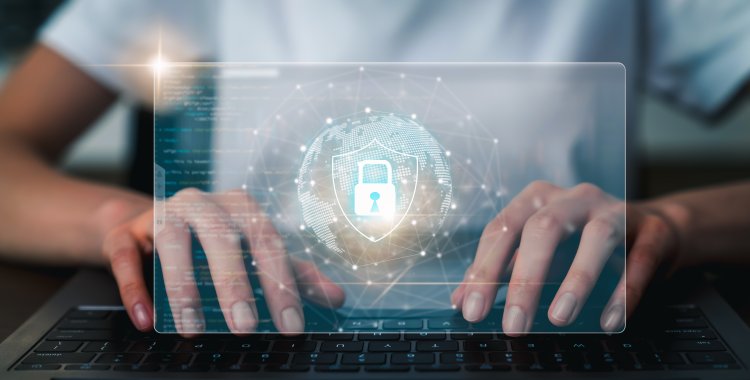Tips to improve Internet security in 2023 - Part 1
Internet security is threatened by malware of all kinds...

It is very difficult to guarantee 100% security and privacy in a global network, but we can strengthen it and anticipate the arrival of threats with a series of proactive measures that include strengthening online accounts, applications, and equipment where we use them, and taking the necessary precautions when using the Internet and its services. Another important defense is common sense, as well as understanding that virtual life, like physical life, must be preserved today.
- Protect web browsers
Because browsers are the primary apps we use to access the Internet and its services, we must assess and configure their advanced security features. In addition to analyzing end-to-end encryption during synchronization or sandboxing, we must pay attention to browser alerts regarding vulnerable sites. Examine the installed extensions as well, as some are common sources of malware introduction.
Another intriguing option for increasing privacy is to use "Private Mode" (also known as an incognito mode), which eliminates tracking via cookies, open user sessions, and other mechanisms used for this purpose. Finally, emphasize the usage of "Guest Mode," which is completely separate from the user's original profile, including setup and history, thereby securing personal data.
- Update the operating system and applications
Any sort of software is vulnerable to flaws that cybercriminals can use for computer attacks. As a result, we must always use the most recent versions of the software we employ, particularly operating systems. They all have systems for this, and in the case of Windows, the most popular and widely used, Windows Update provides automated updates that make patching and updating to the latest versions easier. If you are comfortable doing it manually, the Microsoft Update Catalog is an official web page where you may find issued security updates for Windows operating systems.
Updating the apps that we have installed, as well as publishing the relevant security patches, is just as vital as keeping operating systems up to date. It must be known that older software versions are more vulnerable to attack, with particular emphasis on some commonly used ones such as Java, Adobe Flash, Reader, or Internet Explorer, which have been a persistent source of security issues.
- Use security solutions
In an operating system like Windows, which is the most extensively used and thus the most attacked, even the most cautious computer user is likely to encounter some form of infection. As a result, we need to use software to assist us with the process. Microsoft provides Windows Defender as a native security solution for Windows (as well as iOS and Android). Although it was initially offered as a basic solution, it has dramatically improved in detection and resolution capabilities over the years and is now adequate as a basic protection for the majority of consumers.
You can, of course, employ solutions from specialized providers who provide a wide range of security solutions, many of which are free. An advanced or professional user should consider using a comprehensive commercial security suite that contains extra tools like a firewall and other specialized tools to protect against Ransomware, Phishing, adware, or spyware assaults.
- Use a hardware security key for vital accounts
It is worth going the extra mile to protect critical accounts, especially in professional and corporate settings, by implementing a hardware security mechanism. It is often a Pendrive-sized device that connects to a USB port and has a high-security encryption engine. When opposed to software alternatives, the entire operation is performed within the hardware, considerably boosting overall security.
Post by Bryan C.





























